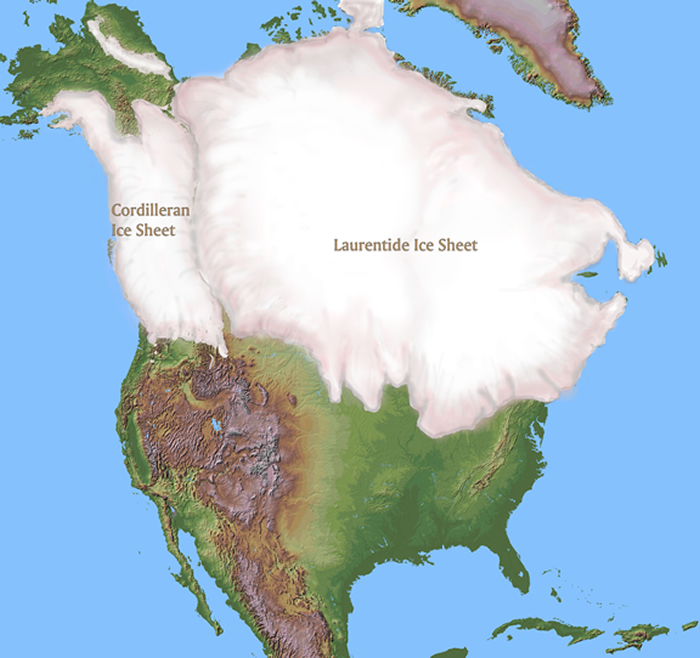SSDD
Gold Member
- Nov 6, 2012
- 16,672
- 1,966
- 280
Centuries long process? Isn't that what coming out of an ice age is like? Prior to the beginning of the ice age that the earth is now exiting there was little, if any, ice at either of the poles. Is there any reason to expect that the earth won't return to the temperature before the beginning of the ice age which will be so warm that little if any ice will remain at the poles just as it has done over and over and over again?
Hilariously ignorant babbling gobbledygook with almost no connection to reality. As usual from SSooooDDuuumb.
The last period of heavy glaciation (popularly, the last ice age) ended about eleven to twelve thousand years ago. Since then the Earth has been in an interglacial period called the Holocene. For the last two and a half million years, the Earth has been in a long major Ice Age, called the Quaternary Glaciation, with approximately 100,000 year long periods of heavy glaciation broken by 12 to 30 thousand year long interglacial periods. Over that time there has always been large amounts of ice at the poles. That is the definition of an 'Ice Age'.
We are not "coming out of an ice age", as the denier retard claims. The Earth came out of the last period of glaciation over ten millennia ago. The Earth warmed a little bit more after that large warming that ended the 'ice age', through a period called the Holocene Thermal Maximum, and then it started to cool slowly for the last 5000 years.
Sorry corporal ass wipe, but the earth is presently in an ice age. It is working its way out, but alas, it is still in an ice age. You seem to not know the difference between a glacial period and an ice age.
You seem to believe anything you read in wiki, so here, from wiki.
Quaternary glaciation also known as the Pleistocene glaciation or the current ice age, refers to a series of glacial events separated by interglacial events during the Quaternary period from 2.58 Ma (million years ago) to present.[1]
Here, from other sources you warmest wackos seem to trust:
NOVA | What Triggers Ice Ages?
Are we currently living in an ice age? - Curiosity
There are literally dozens of credible sources that state unequivocally that we are, in fact still in an ice age. Sorry you didn't know that. Ignorance is abundant on your side of the argument. Now, I suppose you could provide equally credible sources that state that we are not in an ice age. I invite you to do it. We could then begin to discuss the obvious credibility problems that arise from current science being unsure whether or not the earth is in an ice age. How could science possibly be sure about AGW if it remains divided over whether or not the earth is or is not in the grips of something so obvious as an ice age.
It is much like heat. Were you aware that science, here in the 21st century remains unsure as to what heat is? I can provide equally credible sources stating that heat is a thing and that heat is not a thing....that heat is a process, and that heat is the signature of a process. If science remains unsure as to such a basic thing as what heat is, how credible do you suppose they are regarding things related to heat...like climate?
has been fairly stable over the Holocene.
Really? The temperature spread from the Holocene optimum to the depth of the little ice age was nearly 6 degrees. Are you saying that a temperature swing in the climate of 6 degrees is stable? If so, why the panic over a fraction of a degree over a century with the bulk of that being due to UHI and data tampering?
A 6 degree swing is only a fraction of natural variability..and you are waving your hands like an old lady over a fraction of a degree? You warmer wackos are absolutely pathetic. Does everything scare you like that? Are you afraid of the whole world and everything in it?






